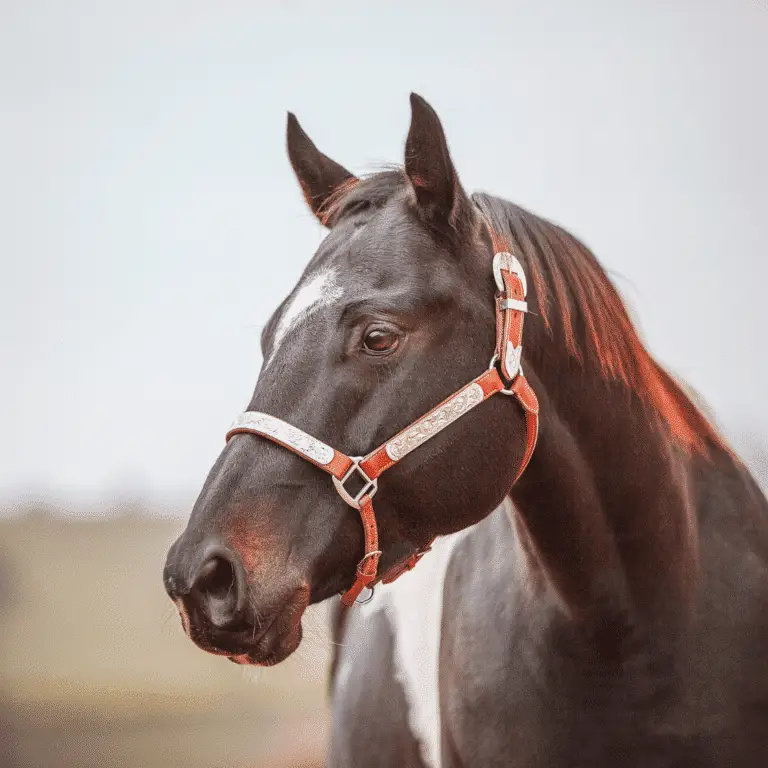Lavender foal syndrome is a rare congenital disorder that affects Arabian and Arabian-cross horses.
It is characterised by a distinctive lavender or blue-grey colouration of the skin, eyes, and mucous membranes, caused by an accumulation of bilirubin in the blood. Bilirubin is a product of the breakdown of red blood cells, and in normal horses, it is removed from the body by the liver and excreted in the feces.
However, in horses with lavender foal syndrome, the liver is not able to remove the bilirubin from the blood, resulting in jaundice and the characteristic colouration of the skin and eyes.
